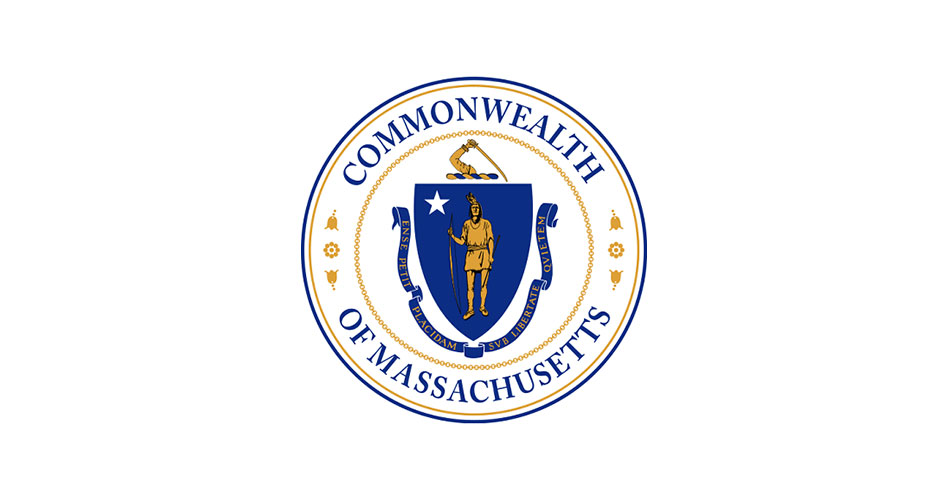BOSTON — State Senator Jason Lewis and State Representative Kate Lipper-Garabedian joined their colleagues in the Massachusetts legislature to take a significant step towards closing the gender and racial wage gap in the Commonwealth by passing an act relative to salary range transparency.
Known as the “Frances Perkins Workplace Equity Act” after the first woman to serve as U.S. Labor Secretary, this legislation requires employers with 25 or more employees to disclose a salary range when posting an open position and protects an employee’s right to ask their employer for the salary range for a position when applying for a job or seeking a promotion.
“The passage of this important legislation continues our commitment to closing wage gaps for women and people of color in Massachusetts,” said State Senator Jason Lewis. “Improving salary transparency has been proven to reduce pay disparities and improve pay equity.”
“I was proud to join the full legislature in supporting the Francis Perkins Workplace Equity Act not only to close gender and racial wage gaps but to empower workers broadly across the Commonwealth,” said State Representative Kate Lipper-Garabedian. “Greater pay transparency is a tool for correcting gender and racial wage disparities. Salary information further empowers all workers with greater leverage as they navigate the job market and seek income aligned with the value of their work.”
This new law makes Massachusetts the eleventh state to mandate pay transparency by requiring employers to disclose salary ranges according to the National Women’s Law Center. It builds upon the Legislature’s 2016 passage of the Massachusetts Equal Pay Act which prohibited wage discrimination based on gender and brought long-sought fairness and equality to workplaces in the state.
In Greater Boston, the 2023 gender wage gap was 21 cents according to the Boston Women’s Workforce Council. This gap becomes more pronounced when comparing white men and women of color: Black women face a 54 cent wage gap and Hispanic women face a 52 cent wage gap.
The bill also requires employers with more than 100 employees to share their federal wage and workforce data reports with the state’s Executive Office of Labor and Workforce Development which would then be responsible for compiling and publishing aggregated wage and workforce data to help identify gender and racial wage gaps by industry.
After final passage in both the House of Representatives and the Senate, the bill was signed into law by Governor Maura Healey on July 31, 2024.





